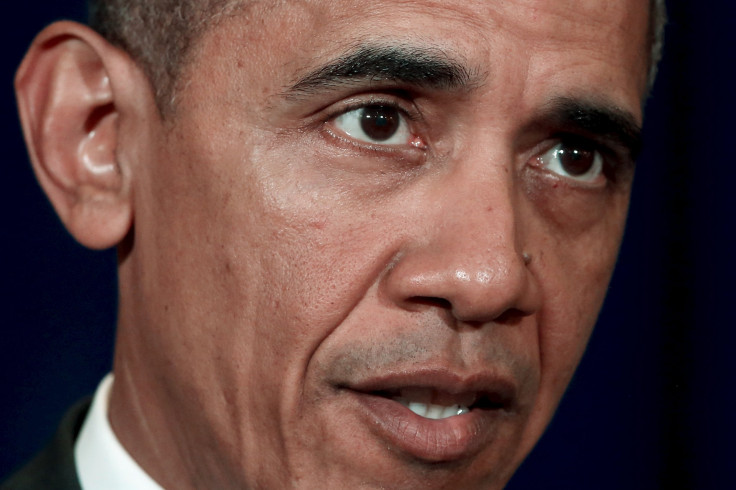
Texas Attorney General Ken Paxton has found another way to keep 5 million immigrants eligible for Barack Obama’s deferred action programs from coming out of the shadows. On Monday, his Paxton’s Solicitor General Scott Keller filed for a 30-day extension to respond to the White House’s request for a express ruling from the Supreme Court Texas v. U.S., which represents the immigration discontents of 26 states, most with Republican Governors. Department of Justice lawyers representing Obama are trying to get the case heard quickly so that the president’s executive actions can go into effect before he leaves office.
"The case presents issues of national importance and the department believes it should be considered expeditiously," DOJ spokesman Patrick Rodenbush told CNN .
For the DOJ, success means having the Supreme Court rule in Obama’s favor as early as June 2016, or at least before the president leaves office in January of 2017. For the Texas coalition, victory can come in at least three ways.
First, it could beat Obama’s lawyers on the merits of the case, convincing the Supreme Court that Obama’s executive actions shielding over 5 million immigrants in the country illegally imposes an undue burden on the states. So far, Texas has only argued that the state would have to absorb the costs of driver’s licenses for immigrants in the country illegally, but they might present more claims of injury once the case is in front of the Supreme Court.
Second, Texas could delay the Supreme Court ruling with the extension filed this week by pushing the case into a later term, “ gaming the clock ” with legal maneuvers. Even if the Supreme Court eventually rules that the president didn’t overstep his authority, he won’t be in office to use it.
Third, Texas could run out the clock with its parallel claim that the administration violated APA , a federal requirement for the government to ask for public comment before implementing a “substantive rule” change. APA is a common legal trojan horse in lawsuits against executive actions that is used by diverse interest groups from states to environmental groups.
If the Supreme Court finds the executive actions legal but finds that the administration violated the public comment requirement, the administration would be allowed to implement expanded DACA and DAPA, but only months after the ruling, likely after he leaves office. For these three reasons, the deck is stacked against against pro-immigrant supporters of Obama’s deferred action programs.
Though immigration advocates believe that the will prevail in the case, there are at least two ways that immigrants in the country illegally could never benefit from the measures. It is no surprise that pro immigration groups have turned their attention away from paperwork, and towards leveraging voters in the presidential election, which may do more to affect the outcome for undocumented immigrants than a ruling from the Supreme Court in Texas v. U.S .
© 2025 Latin Times. All rights reserved. Do not reproduce without permission.



